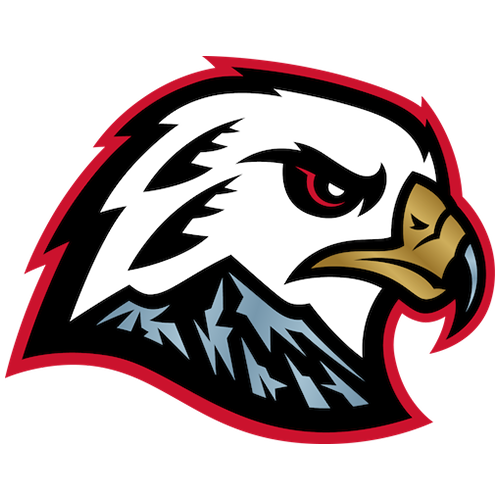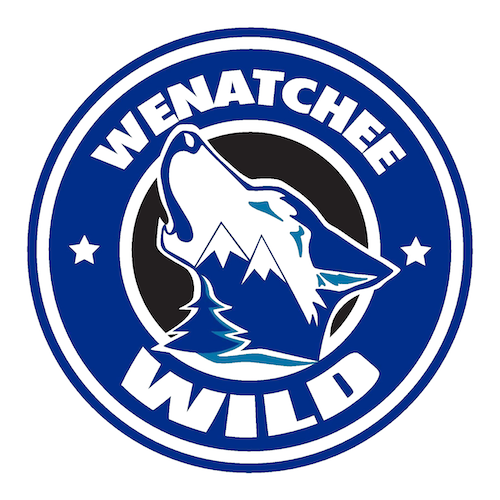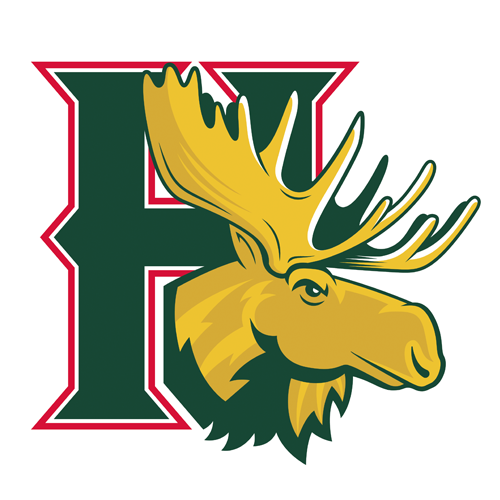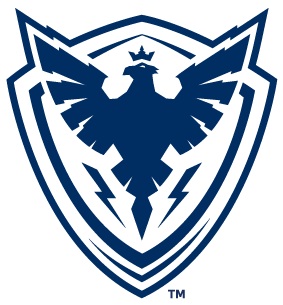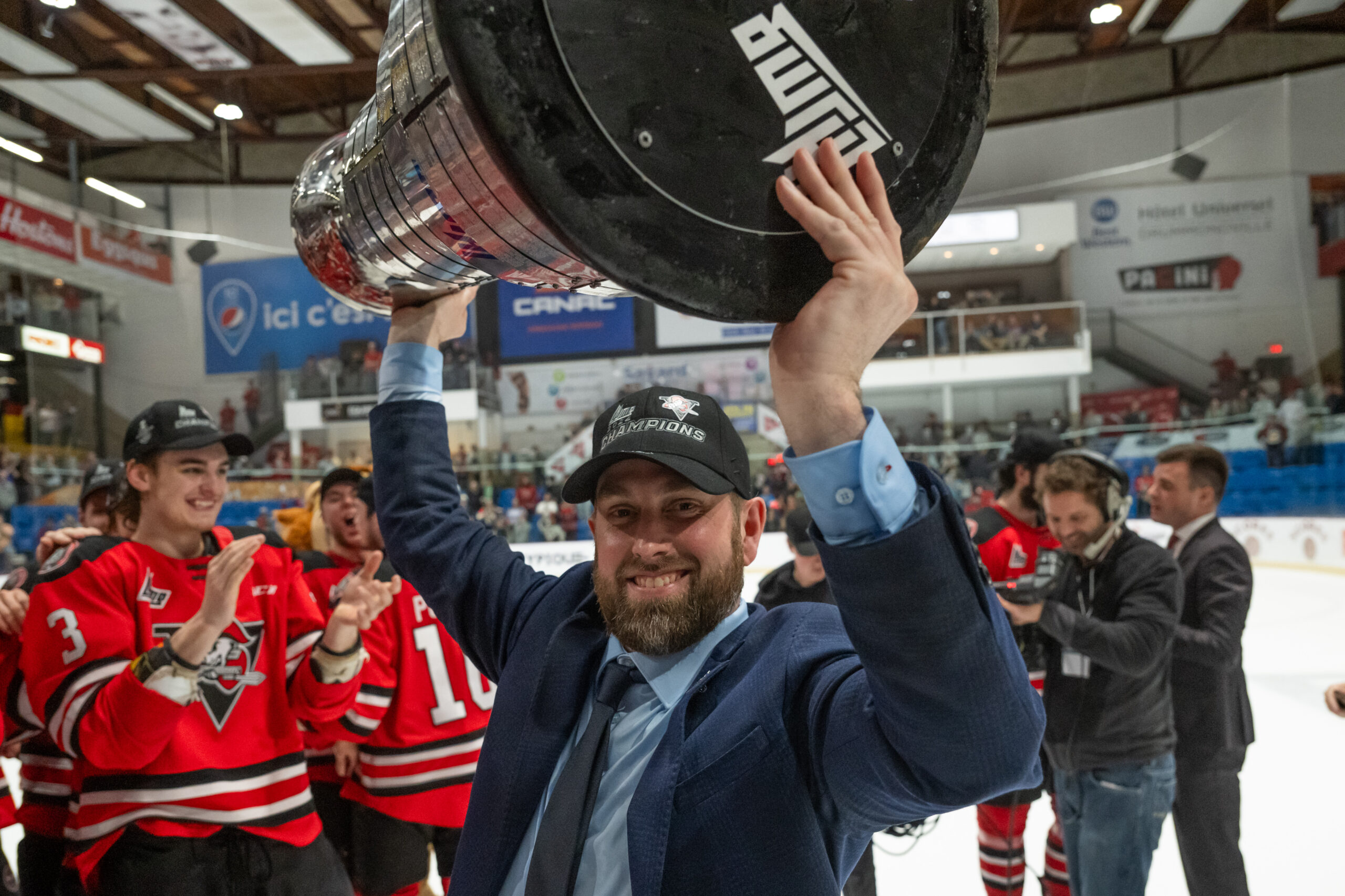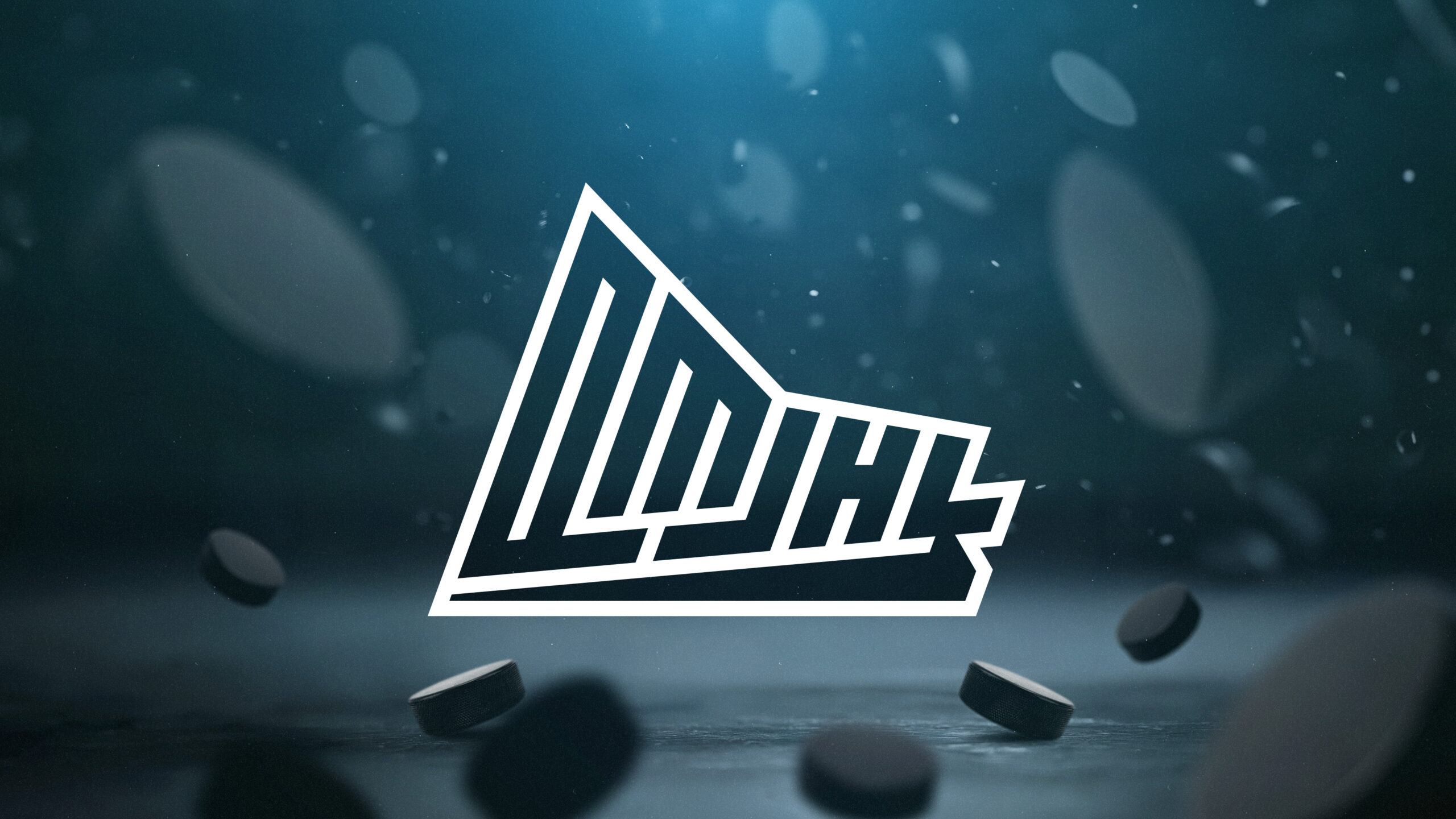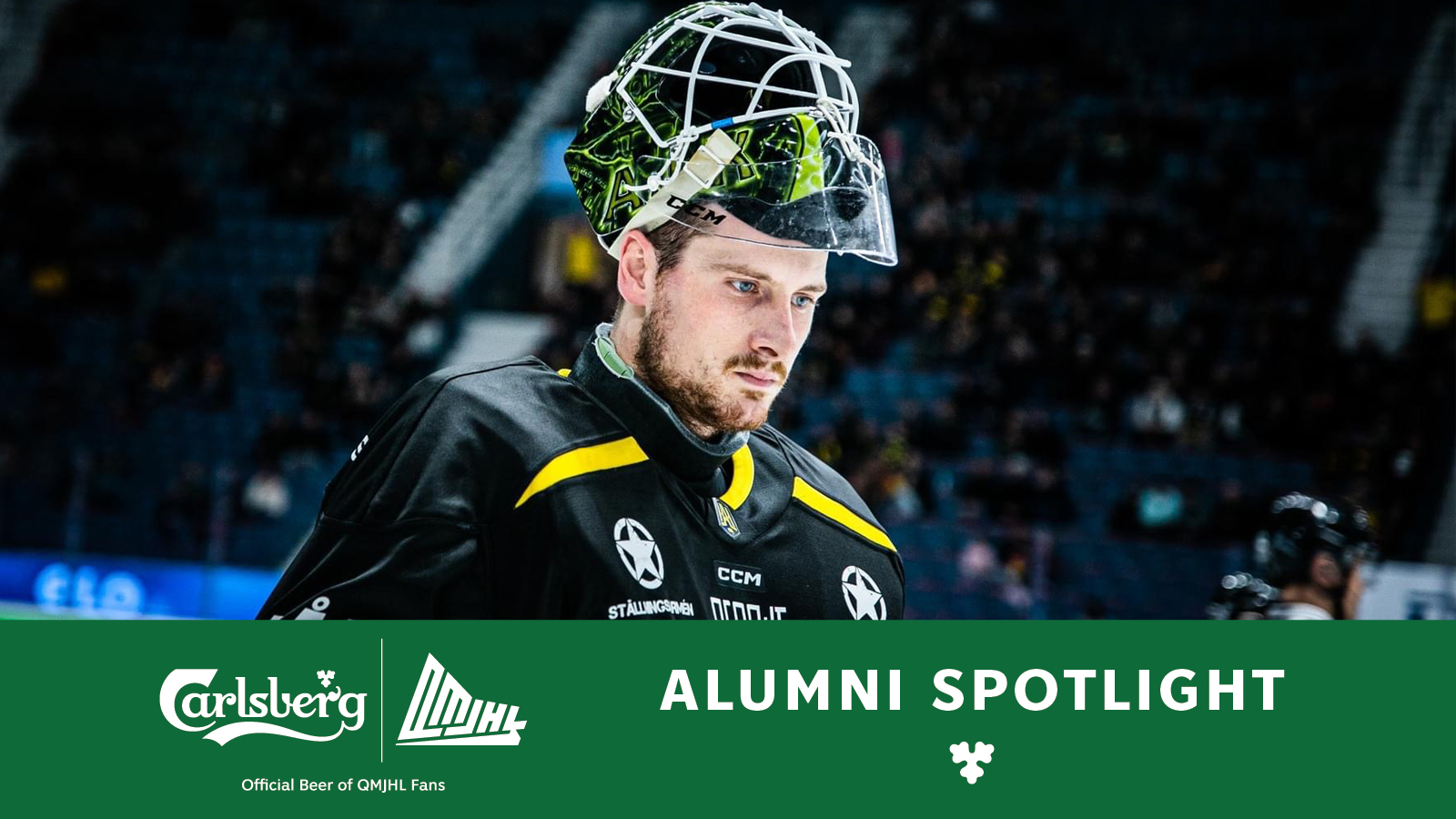Lewis and Verreault-Paul among First Nations pioneers in the QMJHL
Trey Lewis had a great career in hockey, first with the Halifax Mooseheads, in the QMJHL, then in university hockey. He also played one season in England, before returning home to Elsipogtog, New Brunswick.
He says the National Day of Truth and Reconciliation is very important. “It’s definitely a very special day, especially now that I’m back home working in the Elsipogtog First Nation as a teacher,” says the now 29-year-old. “It’s super important, not only for everyone to educate themselves about what the orange shirt stands for, but it’s also important for indigenous youth to learn about it. I think it’s really awesome to have a day like this on the map.”
Lewis is really thrilled to see more and more young native players having successful careers in hockey. “Indigenous youth are finally getting some more opportunities to do things like that where they didn’t have those opportunities in the past. I’m thinking of just how many hockey players could have made a career out of that if they would have had the opportunity back in the day”, mentions the former Mooseheads player. “Whether it was racism or poverty, there are so many things that have been long standing issues with native people. But we’re finally starting to address those things as a nation, not just as indigenous people.”
Like many of his peers, he lived through some difficult situations on the ice.
“It was definitely worse when I was younger. I had a couple of incidents in the QMJHL, where I had some racial slurs thrown at me. But honestly, I was happy with the way the league handled it at the time. They called me and asked for my perspective and they also had the offending player call me and apologize. I think one of the guys got a four-game suspension. I do think that was pretty appropriate”, says Trey Lewis. “We’re still young in the Q, we’re still kids, and sometimes kids are going to say things they don’t really mean or realize that they can be hurtful.”
The teacher will share that special day with all his students. Back at his school, they have a couple of things planned like watching videos and documentaries during class. Lewis believes that information is power.
On the week-end, he is a player-manager with the Elsipogtog Hawks, a team playing in the Beauséjour Senior Hockey league. “I think it’s huge to have a team in Elsipogtog. With the pandemic, small towns really missed their hockey. I think it’s going be a really fun year for us.”
Francis Verreault-Paul knows where he is from
Francis Verreault-Paul came a long way to reach his goal of playing in the QMJHL. He still remembers the cold winter nights spent on the ice of an outdoor rink in his community of Mashteuiatsh, near Roberval.
“Thank god, things have changed for the new generation”. When I started playing, our team was not even in a league. We would only play against another village in Lac Saint-Jean. I have known the era of outdoor rinks”, laughs Verreault-Paul, who skated for the Chicoutimi Saguenéens from 2003 to 2008.
Today, they have better access to coaching and expertise which allow them to reach their full potential. “There are still important issues for many communities. But I have to say that hockey is a lot more available for young native players today”, mentions the Director of Communications and Government Relations with Le Conseil en éducation des Premières Nations.
He is really hopeful that the committee on hockey development chaired by Marc Denis, another Sags alumni, will improve the situation. “I hear many positive reactions in different native communities about the recommendations that have been made public, and about the partnerships that are being developed”, says Verreault-Paul.
More and more players from First Nation communities are reaching higher levels of hockey, such as the QMJHL. It proves that when we make hockey more available, kids can develop their skills quickly.
Verreault-Paul will spend the Day of truth and reconciliation to honour those who were sent to the native boarding schools. He’s hoping that people will have a better understanding of that part of our national history and its impact on all the native communities.
“It will be a good day to reflect on what happened and share that story. There will be gatherings to raise awareness and to start the healing process,” says Verreault-Paul. “The last boarding school closed in 1998. It was my parent’s generation. It still has an impact on many generations. I think it will take many more years before we can really turn the page. The healing process has begun, but we still have a long way to go.”









